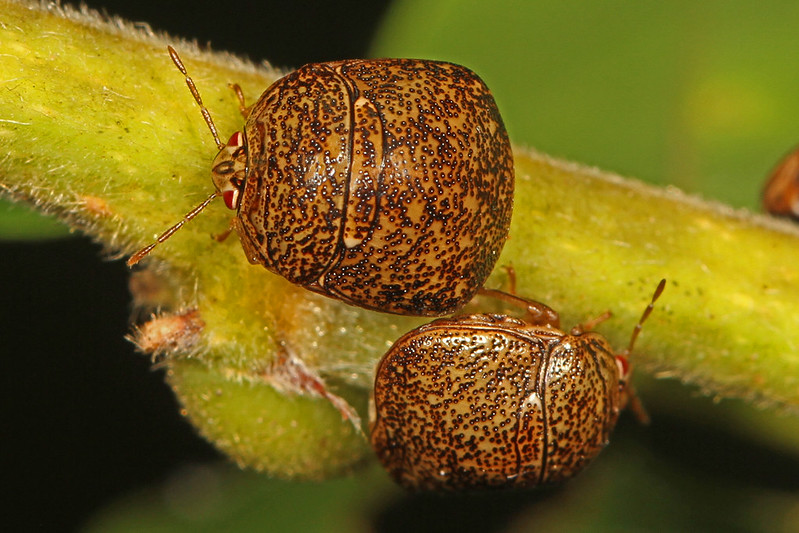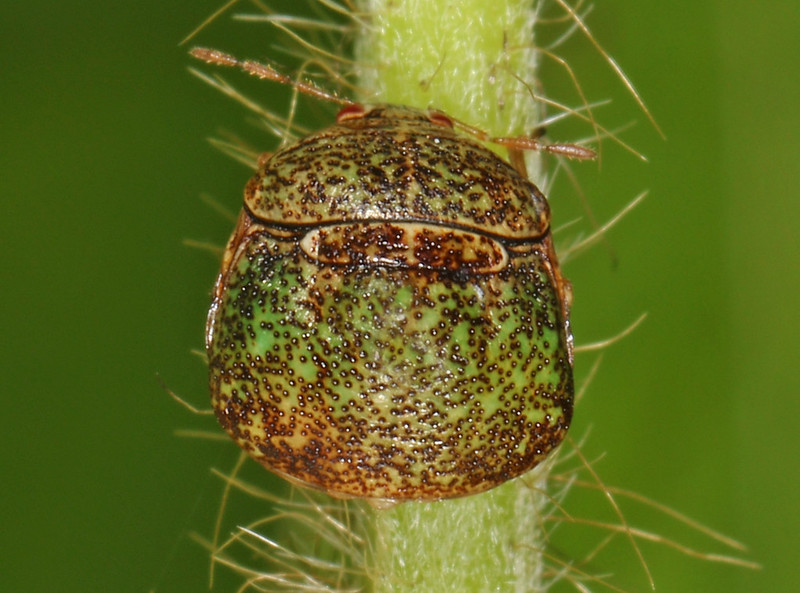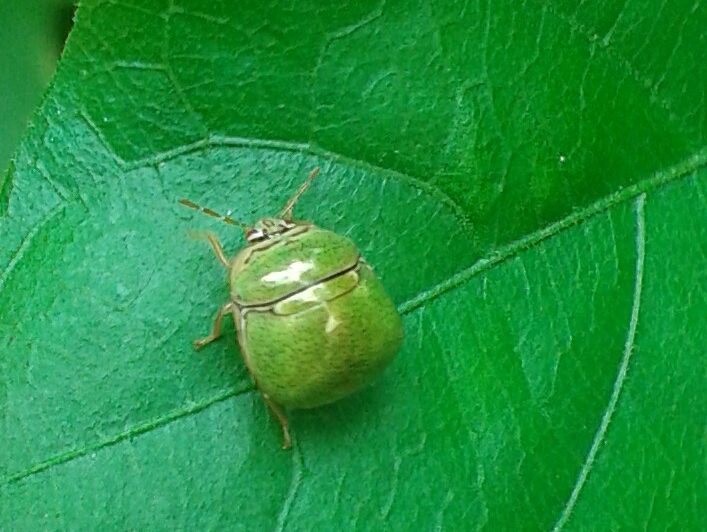Are kudzu bugs dangerous? You only need to consider the fact that their presence decreases soybean yields by up to 75 percent, threatening supply lines and endangering the livelihoods of many farmers, to get your answer.
If you’re a homeowner who has discovered large clusters of kudzu bugs congregating in your garden, on your exterior walls, and maybe even inside your property, that’s not what you want to know, though. You are wondering if kudzu bugs pose a risk to the health and wellbeing of your family and your pets. The simple answer is “yes, potentially”. Here’s what you need to be aware of if are dealing with kudzu bugs.
Do Kudzu Bugs Bite?
Kudzu bugs primarily feed on kudzu, soybeans, wisteria, and other legumes. Although kudzu bugs have sharp and piercing mouth parts to effectively tap into these plants, they do not bite or sting people or pets.
Are Kudzu Bugs Poisonous?
Kudzu bugs are not poisonous — but that does not mean that they do not pose a threat to your health. When threatened or squashed, they release yellow-tinted excretions that are known to cause skin irritation on contact.
Some people will walk away with nothing worse than a slight swelling (and a yellow stain that wears off after a few days). Those with allergies, however, may suffer from severe swelling and even blister-like welts. While these welts will likely remain confined to the areas of the skin where contact with kudzu bugs occurred, such as the hands or, if you step on a kudzu bug, your feet, this varies from one person to another. Some people may need medical attention after contact with a kudzu bug.
Do Kudzu Bugs Stink?
Yes! Kudzu bugs (scientific name — Megacopta cribraria) belong to the same superfamily as stink bugs, Pentatomoidea. As such, the same yellow secretions that so often cause skin irritation when you squash a kudzu bug also emit a distinctly foul odor that can be very hard to eliminate despite your best efforts.
Do you have a kudzu bug invasion in your home, and have you decided to call a pest control company to deal with it? After your home is fumigated, the remaining insect debris can also easily decay, leading to a similarly bad smell. It is important to act fast by removing all the insect remains, including those in small cracks, to prevent this.
How Do You Get Rid of Kudzu Bugs Safely?
To avoid both the skin lesions that kudzu bugs can cause when you crush them and the terrible stench that they can leave behind, it is crucial to avoid physical interaction with kudzu bugs as much as you possibly can.
If kudzu bugs have invaded your garden, you have a few options:
- You can choose to remove the plants that attract kudzu bugs from your property — although in the case of their favorite, the kudzu vine, this may prove to be a challenge.
- You can treat the plants in your garden with pesticides.
- You can manually remove as many kudzu bugs as possible, using a brush to evacuate them to a bucket of hot and soapy water. This method is also effective against kudzu bug larvae and their tubular clusters of eggs.
When it comes to your home, prevention is your best option. Kudzu bugs need to hibernate during the winter, and will start looking for safe and warmer places to do so from early October through late November. They may swarm the exterior of your home, looking for crevices and vents through which they can enter. They won’t find a hospitable spot if you:
- Apply pesticides to your exterior walls in a bid to ward them off.
- Have any cracks and holes around your home’s exterior sealed off professionally.
- Install window and door screens, as well as screens around HVAC vents. Kudzu bugs frequently enter through these spaces.
If you already have kudzu bugs in your home, don’t crush them! This will release a lingering foul odor and risk the aforementioned skin irritation. Rather, many people successfully eliminate kudzu bugs by vacuuming them. Place a stocking inside the vacuum pipe to create a “net” in which you can easily catch kudzu bugs. Once finished, remove the stocking and seal it off with a rubber band. Now, you can place it in a bucket of hot, soapy water to get rid of the bugs.
Citations and Credits


